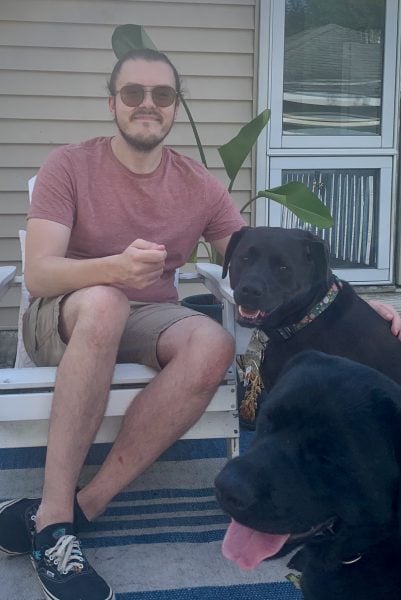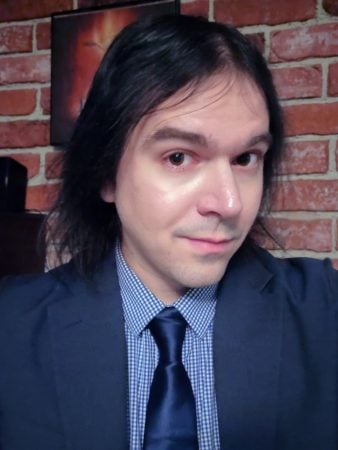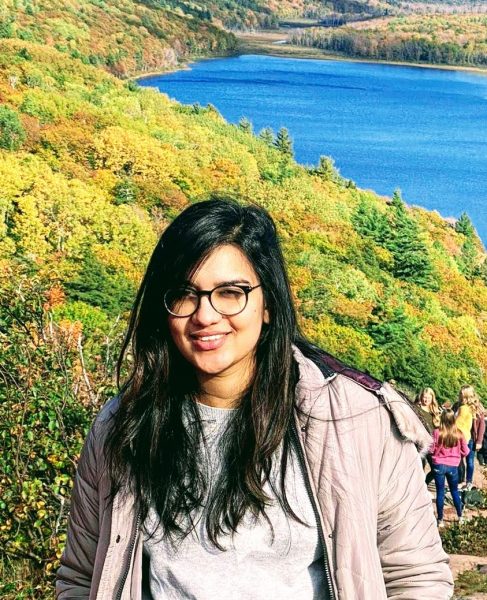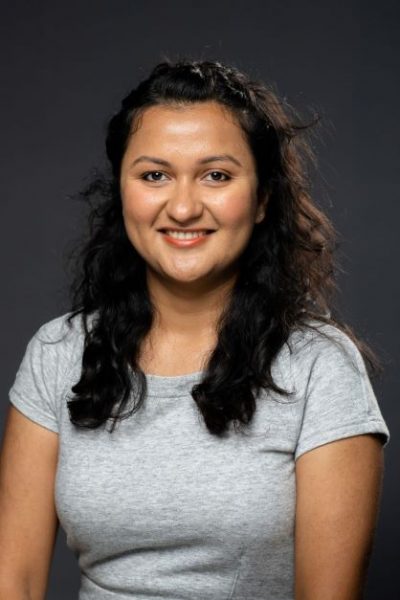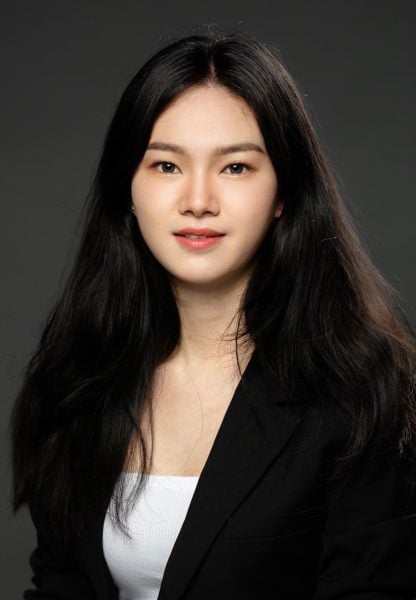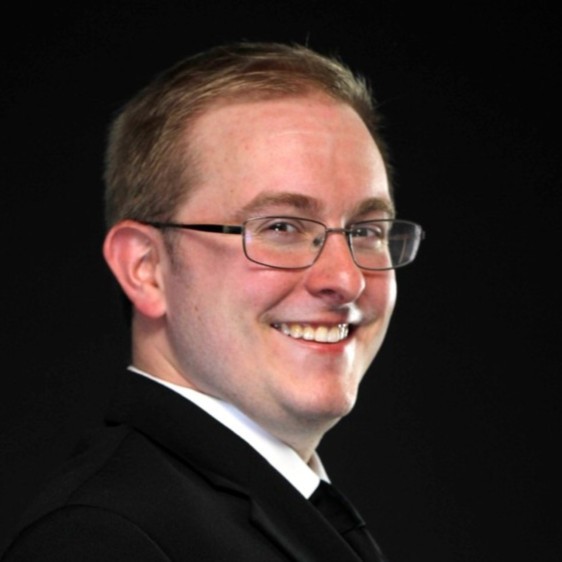First, I would like to thank the KCP reviewers for selecting me as a recipient of the KCP Future Faculty Fellowship, for allowing me to pursue my own education with the goal of teaching others in the future. I would also like to thank my advisor, Dr. Pati, my family, as well as the rest of the Physics department for always having my back.
The research that I am interested in is observing emergent magnetic phenomena occurring from defects within graphite. More specifically, I am using Density Functional Theory to calculate the charge density and converged wave vectors of graphite crystals with small defects. Using that information, I am able to build an electronic band structure of the defected crystal to observe the properties that emerge. Applying twists to single layer graphene and stacking them has shown interesting properties, such as Quantum Spin Hall Effect and superconductivity. Hopefully we can find new materials to base computers on spintronics instead of electronics which will increase their efficiency by a large amount.
My favorite part is that sometimes the calculations take awhile to finish, so during that time I’m able to walk through campus while giving local chipmunks the spare peanuts I have.
My interest in mathematics and physics started in the third grade, by the eighth grade I was already teaching my classmates the Algebra lessons for the day. In high school the guidance counselors reached out so I could tutor struggling classmates and friends with their mathematics homework. Upon graduating with a double major in Physics and Applied Mathematics, I was able to teach once again for a year! Since then I knew I wanted to become a physics professor, to continue my research, and help others along the same path.
Sponsored by the King-Chavez-Parks Future Faculty Fellowship from the State of Michigan.
